I was taught about God from an early age. I was told about this being that lived in a place called heaven, who always was and who always will be. I’m not sure whether it was just my youth or perhaps I was a bit slow on the uptake but I had real difficulty trying to come to grips with this ‘always was and always will be’ concept.
My mind was further stretched when I was informed that everything wrong I did was seen and recorded by some angel in the skies and that due punishment would be meted out to me on the final day of judgement. I became quite concerned that not raising my hat when I went past a Catholic Church could lead me on a pathway to hell. As for chewing gum in church, this was also getting very close to the mortal variety of sinning.
There is no doubt that I was indoctrinated with a faith of fear and guilt and to me it seemed God was someone to be avoided. The priests, nuns and brothers all had a go at trying to convince me the Catholic Church was the only way to get to heaven. However, I wasn’t that sure I wanted to go to a place where I couldn’t envisage I would be as happy as I was on earth playing football.
The teachings of the Church were engraved on my mind so much that it took many years before I realised I should do my own thinking about life and come to my own conclusions about how that life should be lived. This freedom didn’t come until after I had many guilty moments when I questioned within myself why not abiding by the ‘rules’ would see me dammed forever. (see The Soul Survivor)
It was in the beauty of creation that I first realised the gift the Father had given us. The world and all that is in it has received, and is continuing to receive, the touch of the Creator. While the scientists can rattle on about the ‘big bang theory’ my brain could not believe that an explosion in space could be responsible for all of creation. Nor did I feel that God decided to set us up in 6 days and then needed a rest on the 7th day.
No, to me, evolution is a much more understandable theory. Not only were plants and animals all different but humans were also unique with no two people created with the same fingerprints. (see The Ring of Confidence)
My acceptance that God the Father existed was confirmed but how was I to accept the Trinity? Three persons in one was a bit much for the human brain to comprehend and besides, the Church taught us not to even try to understand but to just accept this mystery. To a bloke who was trying to unravel his faith, this was unacceptable. (see The Trinity Love Company)
The way in which Jesus, the so-called second person in the Trinity, was introduced to us, caused serious doubts about this aspect of the Bible story. How hard it must have been for Mary, an innocent young girl, to have to face her family and friends with the knowledge that she was pregnant and Joseph her fiancé had nothing to do with it at all.
Sure, we were told she was visited by an angel who sold her the idea that she had been picked to be the mother of God. but once again the human brain found this story a little hard to comprehend as well.
When you consider the stigma placed on any of us who engaged in sex outside marriage as being mortally sinful and doubly so, if the girl became pregnant, the whole idea of Mary getting into this situation seemed to go against the strict Church teachings. I have to admit I was confused but had to accept that this was God’s way of bringing, Jesus who was said to be His only Son, into our world.
It seems Joseph got an angelic message as well but still had to face up to his mates and customers who, like me, must have had serious doubts about this story. He got a vision of his own which seemed to sort things out.
Anyway, it seems the young bloke grew up helping Joseph, who was not really his father, in the carpenter’s shop and learning as much as he could about the carpentry trade and the Jewish religion.
Even when Jesus performed his first miracle, it is said he turned water into wine to relieve the embarrassment of the parents at a wedding. While this might have been an honourable thing to do, he was really obeying a request from his mother. This could hardly be seen as a grand entry into his public life because I feel sure some of those present might have seen this as just a magic act. While others at the wedding ceremony would have been happy that the wine was flowing again and that this was a superior drop to that offered initially by the host.
Getting a group of fishermen to return to an area at which they had just had no success and filling their boat with fish certainly ‘hooked’ these blokes. What caused them to down tools and ‘follow him’ around the countryside? These were men with families who were professional fishermen. I had trouble understanding how this could happen.
So far, hopefully, you can understand how my mind was working and how I couldn’t help but put, what I saw as a human perspective, to the life of Jesus, the second person of the Holy Trinity.
During his traipsing’s from town to town Jesus and his followers were starting to be noticed for the miracles that were happening and the words he was preaching about his Father in heaven and the need to love one another. While the Jewish hierarchy were feeling threatened and becoming jealous of this so-called carpenter’s son causing people to be healed,
To give three of them an insight into his real self, he took them up to the top of a mountain where he was visited by his Father and for a short time was transfigured into a vision of greatness. The Father even announcing that he was His Son “with whom he was well pleased”. And what affect did this have on Peter, James and John? All they could think of was that it would be a good idea to build alters on the spot as a memento and probably a future tourist attraction.
Yet the underlying request from Jesus was, “Father, may they be one with you as you and I are one”.
There is no doubt these three believed that Jesus was the Messiah but they weren’t sure what it meant to them personally. James and John seemed more interested in their elevated place in the heavenly hierarchy. Peter was given the leadership role to “feed my lambs, feed my sheep” but when the going got tough he denied he even knew Jesus.
So with all this going through my mind perhaps it is understandable how I too, was questioning who Jesus really was and how he was going to get his message across to the masses in such a powerful way that it was to influence so many down through the ages.
I suppose I really started to sit up and take notice of what Jesus was doing and who he was when I read of the miracle of the loaves and fishes and the bringing of his friend Lazarus back to life.
I have always only seen the celebration of the Eucharist as a symbol and believed the words of Jesus that when the last supper is re-enacted we need to remember Him. Hence the Church’s teaching that a priest can be the mechanism whereby the bread and wine is miraculously changed into the body and blood of Christ has always had me wondering. If we follow the teachings of Jesus then surely the words, “Whenever you do these things, you do them in memory of me” are words aimed at us all, not just a chosen few. The thought went through my mind, perhaps we can have a Eucharistic celebration where there is no priest present! see (The Eucharist and us)
I see a priest or minister of religion as someone who has made a decision to support us and help us maintain our faith. These people are humans like us. They have their failings as we do. I prefer to see them as brothers in Christ rather than sitting on a pedestal with supernatural powers we don’t possess. In my mind I cannot see them being the Eucharistic miracle workers we were taught to believe.
I discussed my concerns with a priest friend, thinking I would be in line for excommunication but his response changed my whole way of thinking and gave me a new understanding of the significance of the Sacrament of the Eucharist.
My priest friend agreed that he and his fellow priests were subject to the same temptations and sins we all are.
I know the whole basis surrounding my Christianity revolves around believing in the Resurrection. But I have to say Scripture throws up lots of red herrings that at first gave me serious doubts about this event. Jesus was buried in a tomb or cave in a hillside by those of his disciples who stayed around to help remove his body from the cross. While this task doesn’t seem to get a mention in Scripture I can’t begin to imagine how difficult this would have been.
However, following the burial, a huge stone was placed over the entrance. One has to assume it took more than one person to place this in position. Anyway, the Romans were happy and set a guard at the front so they might stop any interference by the followers of Jesus who might remove the body and say that he had risen as he foretold.
As the day after Jesus’ death was the Sabbath no action could be expected on this day. However, we are told the next morning, (which in my calculations was only the second day after his death), Mary Magdaline set off for the tomb early in the morning. She obviously knew where to go so must have been told of the burial, the stone that sealed the entrance and the soldiers that were on guard.
When she arrived, the stone was rolled back and there was a messenger angel telling her that Jesus had risen as he said he would. Her immediate reaction was that the body had been stolen and so she hurried back to tell the others.
The day came when Jesus told them it was time for him to return to the Father. He promised He would not abandon them. No wonder they remained staring up to the heavens. If disappearing up into the heavens wasn’t abandoning them, then what was? They had to decide ‘where to from here’. So it was back to the locked room for more discussions and more decisions.
What an amazing change came over them on the day of Pentecost. The Spirit within them was enlivened. They were filled with enthusiasm to take the gospel message out to the people. They revelled in the gifts of the Spirit and without fear left the room and the rest is history.
My delving into scripture, while it had posed many questions, had at that point left me without doubt that the Father was the creator and Jesus was indeed His Son. However, when I saw the amazing change that came over the apostles when the Holy Spirit was released from within them, I could only see the Trinity in action.
By virtue of our Baptism, we have the Holy Spirit in residence within us. Until we take the message of the Gospel seriously we cannot, on our own, achieve the command of Jesus to take that message to the whole world. If we accept our role as a Christian and seek the help of the Spirit we can achieve wonders through our God who lives within us. “It is no longer I that live but you who lives within me”. (see Who Am I)
When Jesus went off on his own to pray, I’m tipping he just wanted to be in the Father’s presence to give him the strength to continue the work He had come to achieve. I think I have been able to learn from this form of prayer having in my mind the words, ‘be still and know that I am God’. It is also obvious that before Jesus achieved anything He always went first to the Father. This is another lesson I have learned. (see Prayer, my understanding)
St Augustine said that to try and understand the Trinity was like trying to put the ocean into a thimble. However, I believe that my questioning of the Scripture story and the Catholic Church teaching over the years has given me an opportunity to gain a deeper knowledge of the Holy Trinity and develop my Faith. (see What An Amazing God We Have)
The common comparison of the Trinity to three persons is where I believe the confusion occurs. Our human brain cannot comprehend that three entities, The Father, Son and Holy Spirit can be one. But when we partake of the bread and wine, representing the Son, in the Eucharist that has been blessed by the Father, it unites with the Spirit within us and then the Trinity is complete. We become one with our God.
I believe there is so much more to learn about our loving God, so I am looking forward to what the future holds.
I’m Peter mack and that’s how I feel.
More stories
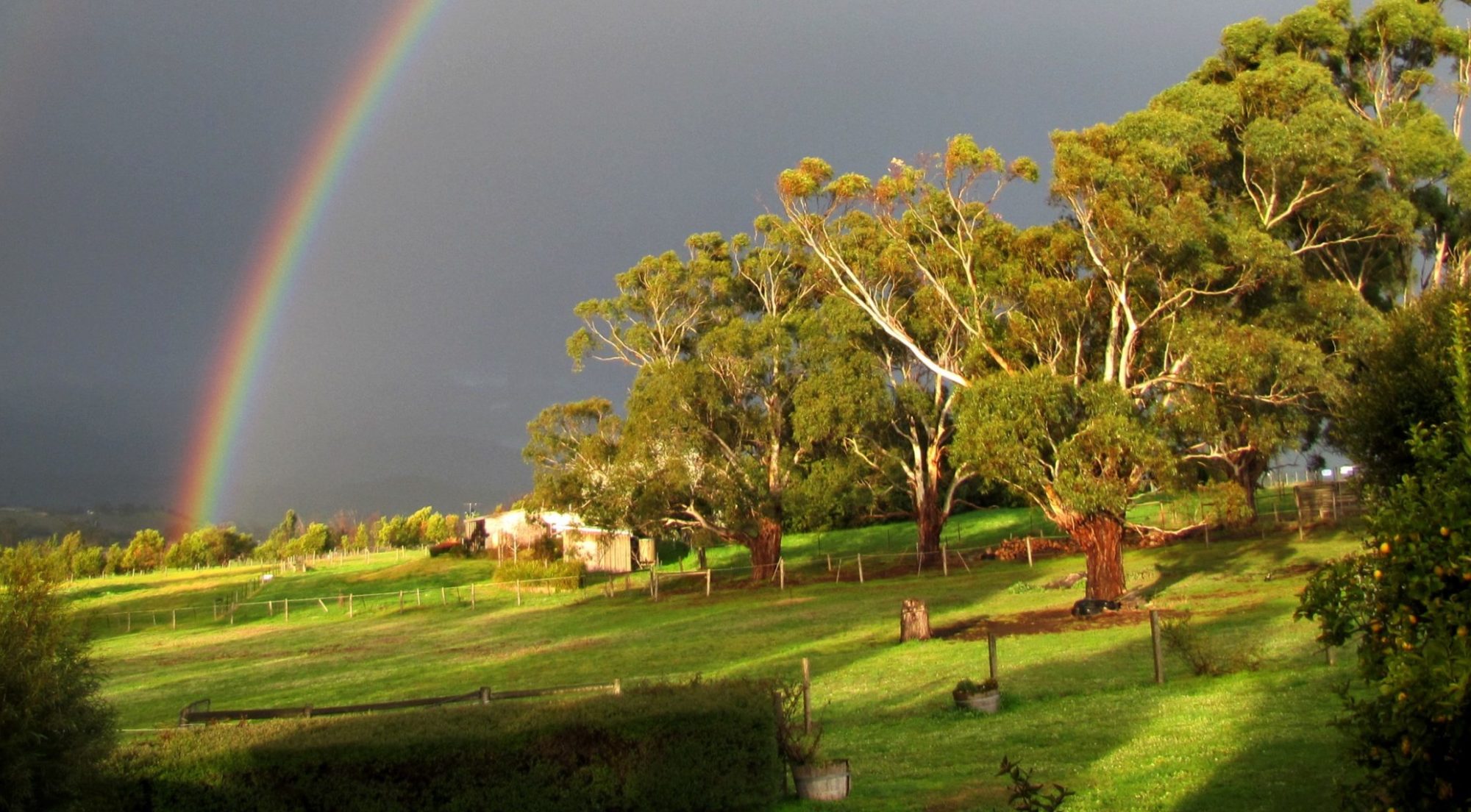
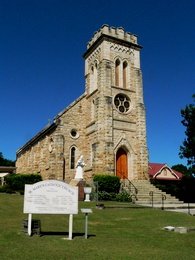

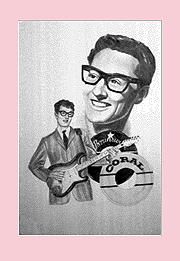

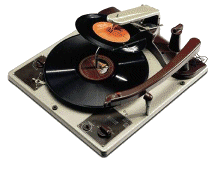

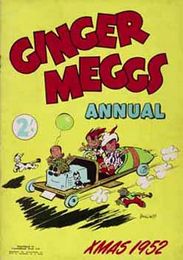
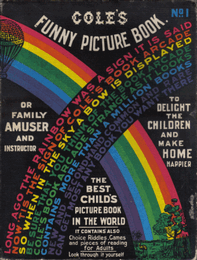
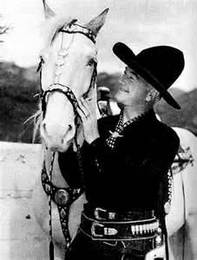


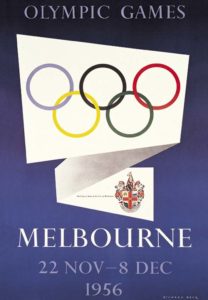
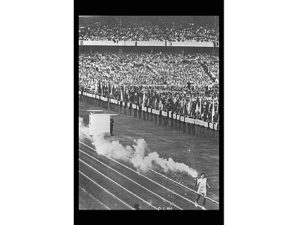 It was 22nd of November of that same year when I attended the opening of the Olympic Games at the Melbourne Cricket Ground. A spectacle I will never forget. We watched as Ron Clarke carried the Olympic flame on the last lap before he lit the giant torch signifying the opening of our Olympics. This was followed by days when we wagged school just to see some of the Olympic events.
It was 22nd of November of that same year when I attended the opening of the Olympic Games at the Melbourne Cricket Ground. A spectacle I will never forget. We watched as Ron Clarke carried the Olympic flame on the last lap before he lit the giant torch signifying the opening of our Olympics. This was followed by days when we wagged school just to see some of the Olympic events.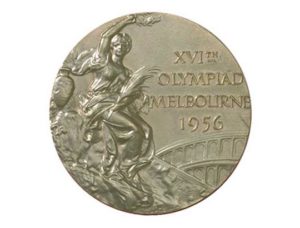 One of the most memorable athletes was theVladimir Kuts from the Soviet Union who took the gold in both the 5,000 and the 10,000 metre events.
One of the most memorable athletes was theVladimir Kuts from the Soviet Union who took the gold in both the 5,000 and the 10,000 metre events.